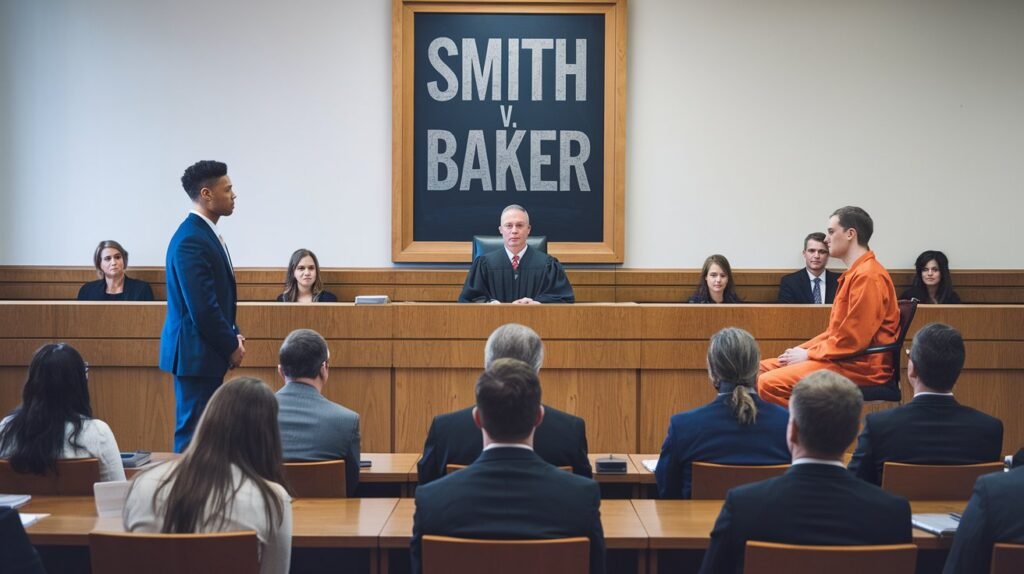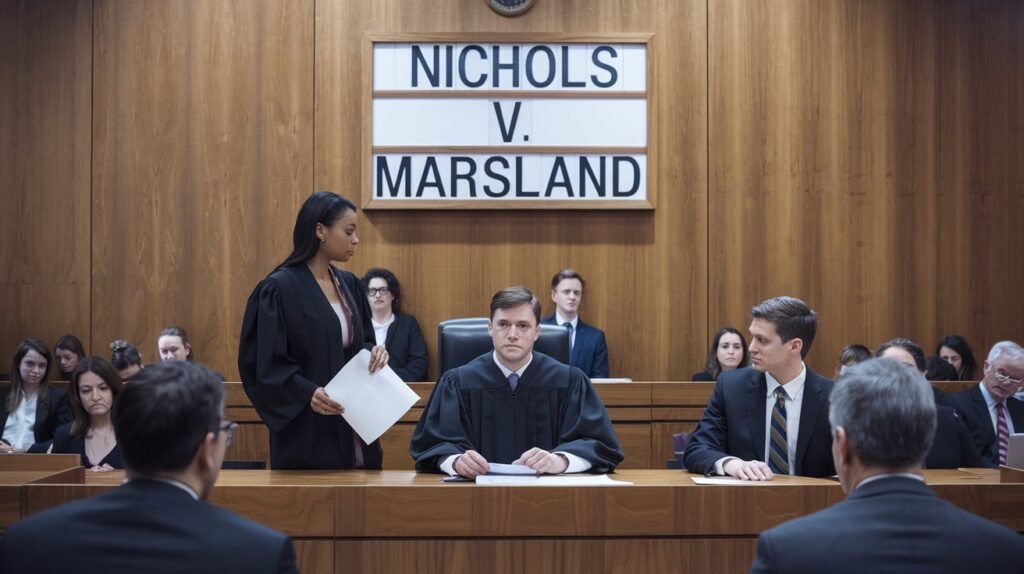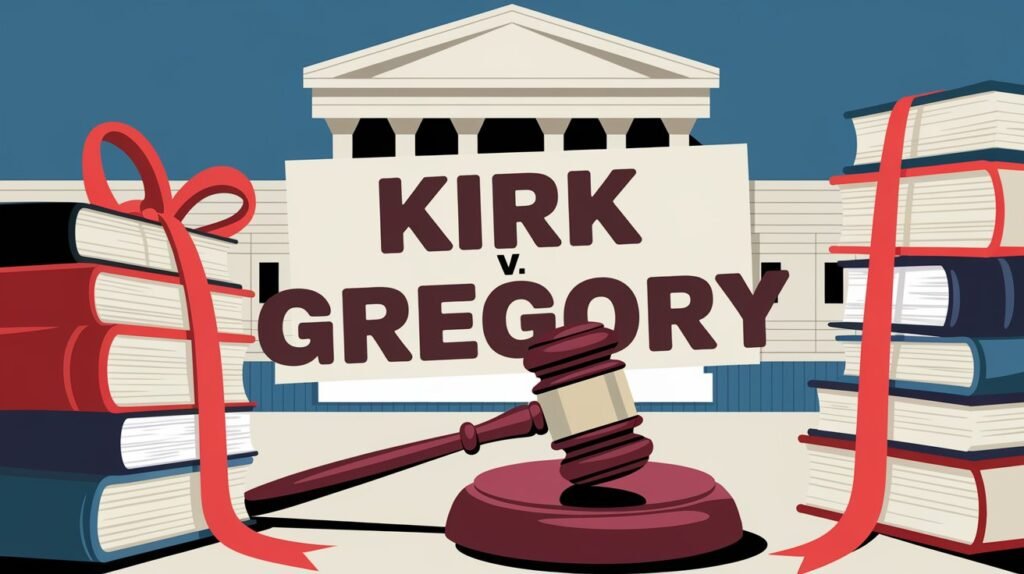Century Insurance Co. V. Northern Ireland Road Transport 1942 (Case Summary)

This case established the principle that employers could be held vicariously liable for negligent acts committed by their employees during the course of employment, even when those acts were carried out in an improper or careless manner.
Table of Contents
ToggleFacts of Century Insurance Co. v Northern Ireland Road Transport
- A petrol tanker driver employed by Northern Ireland Road Transport Board was delivering fuel to an underground tank at a petrol station.
- During the process, the driver lit a cigarette and carelessly discarded the match, igniting a fire.
- The fire caused extensive damage to the petrol station and surrounding property.
- The Century Insurance Co., which insured the station, sought to recover damages from the Northern Ireland Road Transport Board, arguing that the driver’s negligence occurred during the course of his employment.
Issues framed
- Whether the employer be held vicariously liable for the negligent acts of an employee if those acts occur within the scope of employment but involve personal negligence?
- Whether the driver’s act of discarding a lit match connected to his employment duties?
Judgment of Century Insurance Co. v Northern Ireland Road Transport
The court applied principles of vicarious liability, focusing on the connection between the employee’s negligent act and their employment duties.
The court held that while the driver’s act of lighting and discarding the match was careless, it occurred during the course of employment as part of his duties to deliver petrol. It emphasized that employers can be held liable for negligent acts if they are sufficiently connected to the employee’s duties, even if carried out improperly.
The House of Lords ruled in favor of Century Insurance Co., holding Northern Ireland Road Transport Board vicariously liable for the damages. Lord Wright stated, “The negligence was incidental to the duties of the servant and was done in the course of his employment, for which the employer is responsible.”





